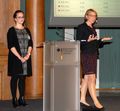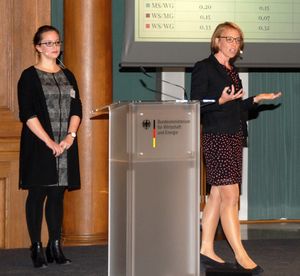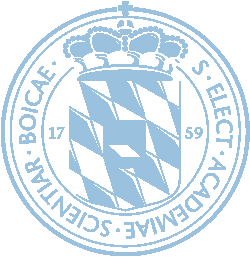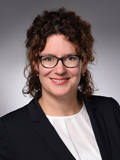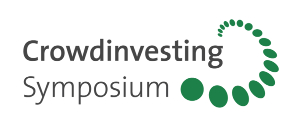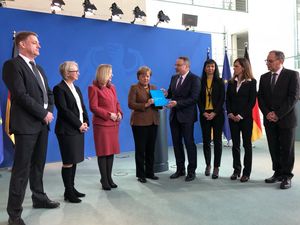On Wednesday, 14 November 2018, Laura Rosendahl Huber, Ph.D. and Laura Bechthold have presented their research results in a keynote speech at the German Federal Ministry for Economic Affairs and Energy.
Within the so-called “Gründerwoche Deutschland” (Startup Week Germany) the Day of Female Role Model Entrepreneurs was dedicated to the over 140 women entrepreneurs who voluntarily support an initiative of the Ministry and act as role models in schools, universities, or at public events to foster female entrepreneurship.
Rosendahl Huber and Bechthold have examined how exposure to female entrepreneurial role models influences the development of entrepreneurial self-efficacy, attitudes and intentions among female students. Drawing on a field experiment and social learning theory as well as existing research concerning role model effects, the study provides evidence that role model effects do not only occur by chance, but can be purposefully triggered in an educational setting. Hence, exploiting female role model effects may serve as an effective mechanism to foster female entrepreneurship.
In August 2018, the study has also received the Best Empirical Paper Award during the Entrepreneurship Division Business Meeting of the Academy of Management in Chicago.

